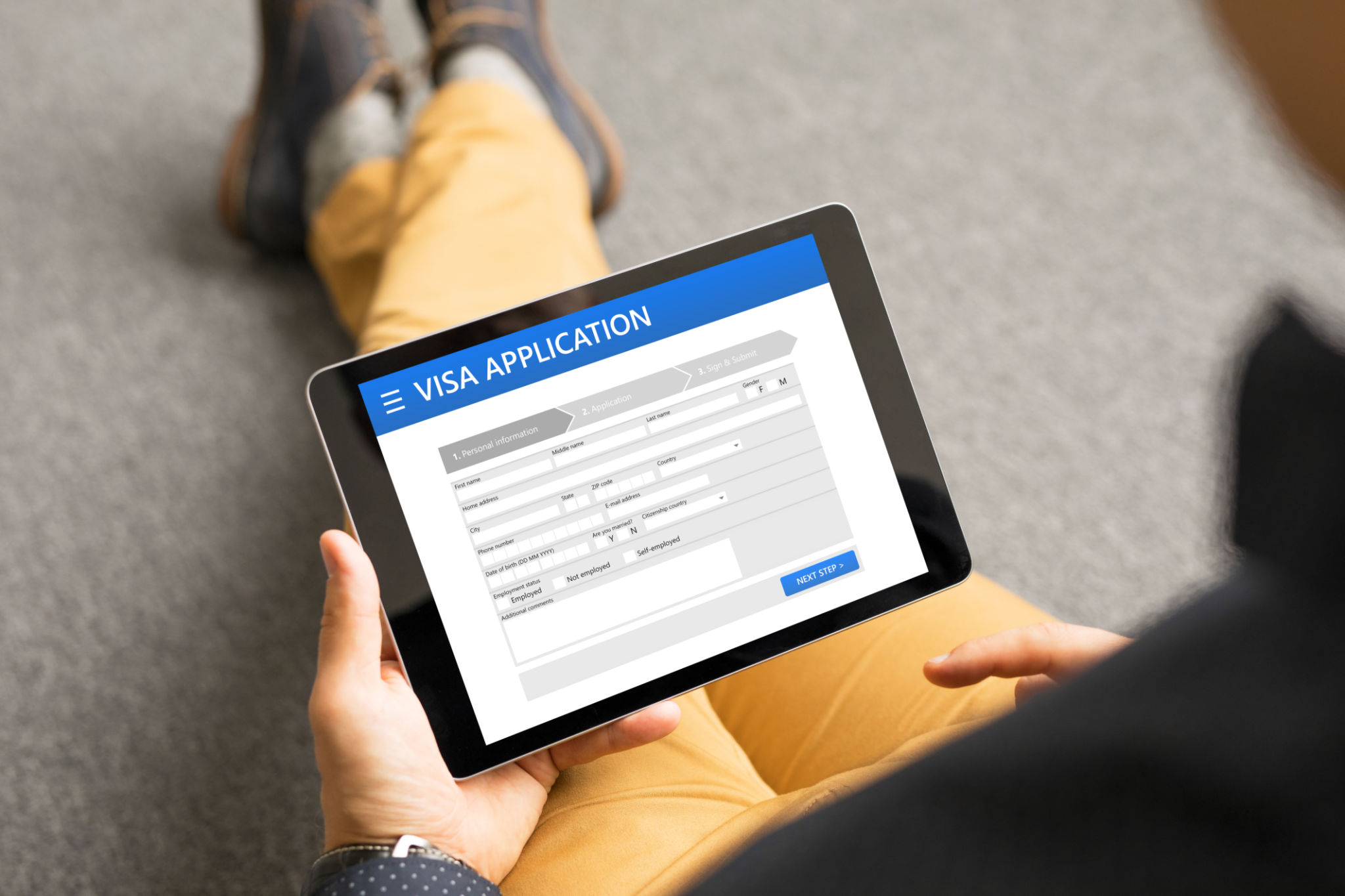How to Successfully Relocate to Spain: Essential Tips for Immigrants
Research and Understand the Legal Requirements
Relocating to Spain is an exciting venture, but it starts with understanding the necessary legal requirements. Before making the move, it's crucial to research the type of visa you need. Spain offers various visa options depending on your circumstances, such as student, work, or retirement visas. Make sure to apply for the appropriate one well in advance.

Once you have your visa, familiarize yourself with the residency process. After 90 days in Spain, you’ll need to apply for a residency permit. This process may vary slightly depending on the region, so it's wise to check local regulations. Ensure you have all required documents prepared, such as proof of financial means and health insurance.
Choosing the Right Location
Spain is a diverse country with a wide range of living environments. Whether you prefer the bustling city life of Madrid or Barcelona, the coastal charm of Marbella, or the tranquility of rural areas like Andalusia, there is something for everyone. Consider factors such as cost of living, climate, and proximity to work or schools when selecting your new home.

It's advisable to visit potential locations before deciding. Spend some time exploring neighborhoods and getting a feel for local amenities, transportation options, and community vibe. This will help ensure you choose a place that aligns with your lifestyle preferences.
Learn the Language
While many Spaniards speak English, especially in tourist areas, knowing Spanish is immensely beneficial. It not only helps with day-to-day interactions but also demonstrates respect for the local culture. Investing time in language classes or using language learning apps can significantly ease your transition.
Engaging in community events or joining language exchange groups can also enhance your language skills while helping you meet new people. Don't be afraid to practice speaking with locals; they often appreciate the effort and are more than willing to help.

Understand the Cost of Living
The cost of living in Spain varies greatly depending on the region. Urban centers like Madrid and Barcelona tend to be more expensive than smaller towns. It's important to budget realistically by considering expenses such as housing, groceries, transportation, and leisure activities.
Utilize online resources or reach out to expat communities to get a better idea of what to expect financially in your chosen area. This preparation will help minimize surprises and allow you to enjoy your new life comfortably.

Embrace the Culture
Spain is rich in culture and tradition. Embracing local customs not only enhances your experience but also helps you integrate into society. Attend local festivals, try traditional foods like paella and tapas, and participate in cultural activities to fully immerse yourself.
Understanding cultural norms, such as meal times and social etiquette, will also help you adapt more seamlessly. Spaniards typically have lunch between 2 pm and 3 pm and dinner after 9 pm, which might take some getting used to if you're from a different cultural background.
Building a Social Network
Making connections is vital when relocating abroad. Join clubs or groups that align with your interests or professional background. Many cities have active expat communities that organize events and meetups, providing an excellent opportunity to make friends and share experiences.
Volunteering is another great way to meet people while giving back to your new community. Engaging with locals and fellow immigrants will enrich your stay and provide a support network as you settle into your new home.
